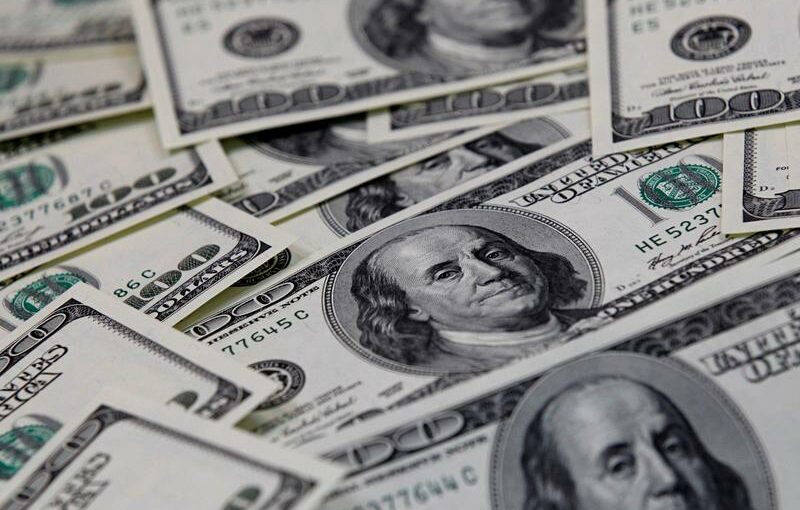TOKYO (Reuters) – The dollar held close to a 14-month high against the euro on Thursday, as a surge in energy prices raised the risk for the Federal Reserve to act sooner to normalise policy.
The U.S. currency was steady at $1.15525 per euro after strengthening to $1.1529 on Wednesday for the first time since July of last year.
The dollar index, which measures the greenback against a basket of six rivals, was little changed at 94.252 following a nearly 0.5% climb over the past two sessions. That brought it back near the one-year high of 94.504 reached last week.
The Japanese yen, another safe haven, was mostly flat at 111.44 per dollar, near the middle of its range of the past week and a half.
Overnight, crude oil rallied to a seven-year high before taking a breather from its recent torrid gains, while natural gas jumped to a record peak in Europe and coal prices from major exporters also hit all-time highs.
The Federal Reserve, which has till now mainly contended that inflationary pressures will prove transitory, has said it is likely to begin reducing its monthly bond purchases as soon as November, before following up with interest rate increases, which could come as early as next year.
The closely watched non-farm payrolls report on Friday could provide additional clues to the timing of the Fed’s next moves. Economists expect continued improvement in the labor market, with a consensus forecast for 473,000 jobs to have been added in September, a Reuters poll showed.
“The recent hawkish shift at the Fed, combined with the continued dovish stance of the European Central Bank and Bank of Japan should keep the dollar strong at least until the end of the year,” said Masayuki Kichikawa, chief macro strategist at Sumitomo Mitsui Asset Management.
The dollar will also continue to benefit in its role as a safe haven, as high energy prices and worries about a slowdown in China persist through 2021, he said.
A Reuters poll of FX strategists found that the majority expect the dollar to remain dominant in the near term before ceding ground to its peers in a year.
Elsewhere, jitters around the U.S. debt ceiling – which had perversely supported the dollar – eased somewhat after the Senate appeared near to a temporary deal to avert a federal debt default in the next two weeks.
The Senate’s top Republican, Mitch McConnell, proposed that his party would allow an extension of the federal debt ceiling into December.
“This extension can ease some of the near‑term upside risk facing USD, but it will take a more resolute agreement than kicking the can down the road to remove the upside USD risk” Commonwealth Bank of Australia strategists wrote in a client note.
In the digital currency space, bitcoin, the world’s biggest cryptocurrency by market value, hovered near an almost five-month high of $55,800 touched on Wednesday, last trading around $54,776.
Source: Read Full Article
